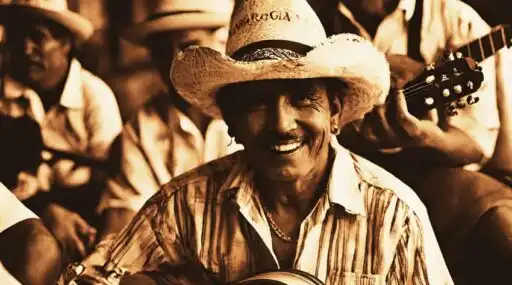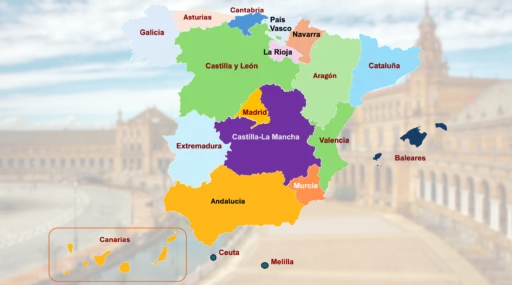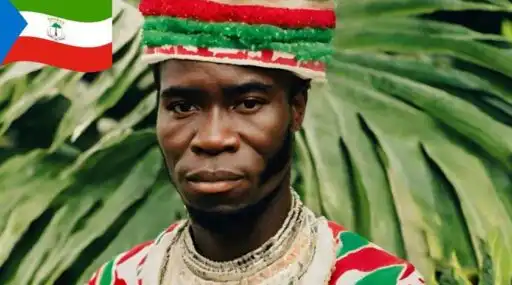Alfredo Zitarrosa, born on March 10, 1936, in Montevideo, Uruguay, is celebrated as one of the most influential and beloved figures in the country’s cultural history. Renowned for his soulful voice, poetic lyrics, and profound connection to Uruguay’s folk traditions, Zitarrosa’s music continues to resonate with audiences around the world, transcending generations and borders. This article delves into the life and legacy of Alfredo Zitarrosa, tracing his journey from humble beginnings to becoming a national icon and enduring symbol of Uruguay’s soul.
Early Life and Influences:
Alfredo Zitarrosa’s childhood was marked by hardship and struggle, yet it was also infused with a deep love for music and a strong sense of cultural identity. Born into a working-class family in Montevideo, Zitarrosa experienced firsthand the challenges of growing up in a society marked by economic inequality and social injustice. Despite these obstacles, he found solace in the music of Uruguay’s folk traditions, including the haunting melodies of milonga, zamba, and candombe.
From a young age, Zitarrosa was captivated by the power of song to express the hopes, dreams, and struggles of the people, and he began to develop his own distinctive voice as a musician and songwriter. Inspired by the work of folk legends like Atahualpa Yupanqui and Violeta Parra, Zitarrosa embarked on a lifelong journey to preserve and celebrate Uruguay’s rich cultural heritage through his music.
Rise to Prominence:
Alfredo Zitarrosa’s breakthrough came in the early 1960s when he emerged as a leading figure in Uruguay’s burgeoning nueva canción movement, a cultural and political movement that sought to use music as a tool for social change and activism. His powerful vocals, coupled with his evocative lyrics and stirring melodies, quickly earned him a devoted following among audiences in Uruguay and beyond.
In 1964, Zitarrosa released his debut album, “Alfredo Zitarrosa,” which featured a mix of original compositions and traditional folk songs. Tracks like “Adagio a mi País” and “Milonga de Pueblo Nuevo” showcased Zitarrosa’s ability to blend elements of folk, tango, and Latin American music into a cohesive and captivating sound. The album was a critical and commercial success, establishing Zitarrosa as a rising star in the Latin American music scene.
Exile and International Recognition:
Despite his growing popularity in Uruguay, Alfredo Zitarrosa’s outspoken criticism of the country’s military dictatorship led to his forced exile in 1973. He spent the next decade living in Argentina, Spain, and Mexico, where he continued to record and perform music while also speaking out against human rights abuses and political repression in Uruguay.
During his time in exile, Zitarrosa’s music gained international recognition, with his songs resonating with audiences around the world who were drawn to his powerful voice and poignant lyrics. Albums like “El Violin de Becho” (1978) and “Doña Soledad” (1982) showcased Zitarrosa’s talent as a storyteller and troubadour, with songs that spoke to the universal themes of love, loss, and longing.
Return to Uruguay and Legacy:
Alfredo Zitarrosa returned to Uruguay in 1984 following the end of the military dictatorship, where he was welcomed back as a hero and a symbol of resistance. He continued to record and perform music until his untimely death from cancer in 1989, leaving behind a rich and enduring legacy that continues to inspire generations of musicians and fans.
Zitarrosa’s music is celebrated for its raw emotion, poetic beauty, and profound connection to Uruguay’s cultural identity. His songs, such as “Adagio a mi País,” “Milonga para una Niña,” and “Doña Soledad,” remain cherished classics in the Uruguayan music canon, with their timeless melodies and evocative lyrics continuing to resonate with audiences around the world.
In addition to his contributions to music, Alfredo Zitarrosa is remembered for his activism and advocacy on behalf of the marginalized and oppressed. Throughout his life, he used his platform as a musician and public figure to speak out against injustice and inequality, earning him the respect and admiration of people from all walks of life.
Conclusion:
In conclusion, Alfredo Zitarrosa’s life and music serve as a testament to the power of art to transcend borders, bridge divides, and give voice to the voiceless. Through his haunting melodies, evocative lyrics, and soulful vocals, he captured the essence of Uruguay’s soul, celebrating its beauty, resilience, and spirit.
As Uruguay celebrates its rich cultural heritage, Alfredo Zitarrosa’s legacy looms large as a guiding light and a source of inspiration for future generations. His music continues to touch the hearts and minds of people around the world, reminding us of the power of music to uplift, empower, and unite us in our shared humanity. Alfredo Zitarrosa may have left this world, but his music lives on as a timeless tribute to the enduring power of the human spirit.









































Leave a Reply